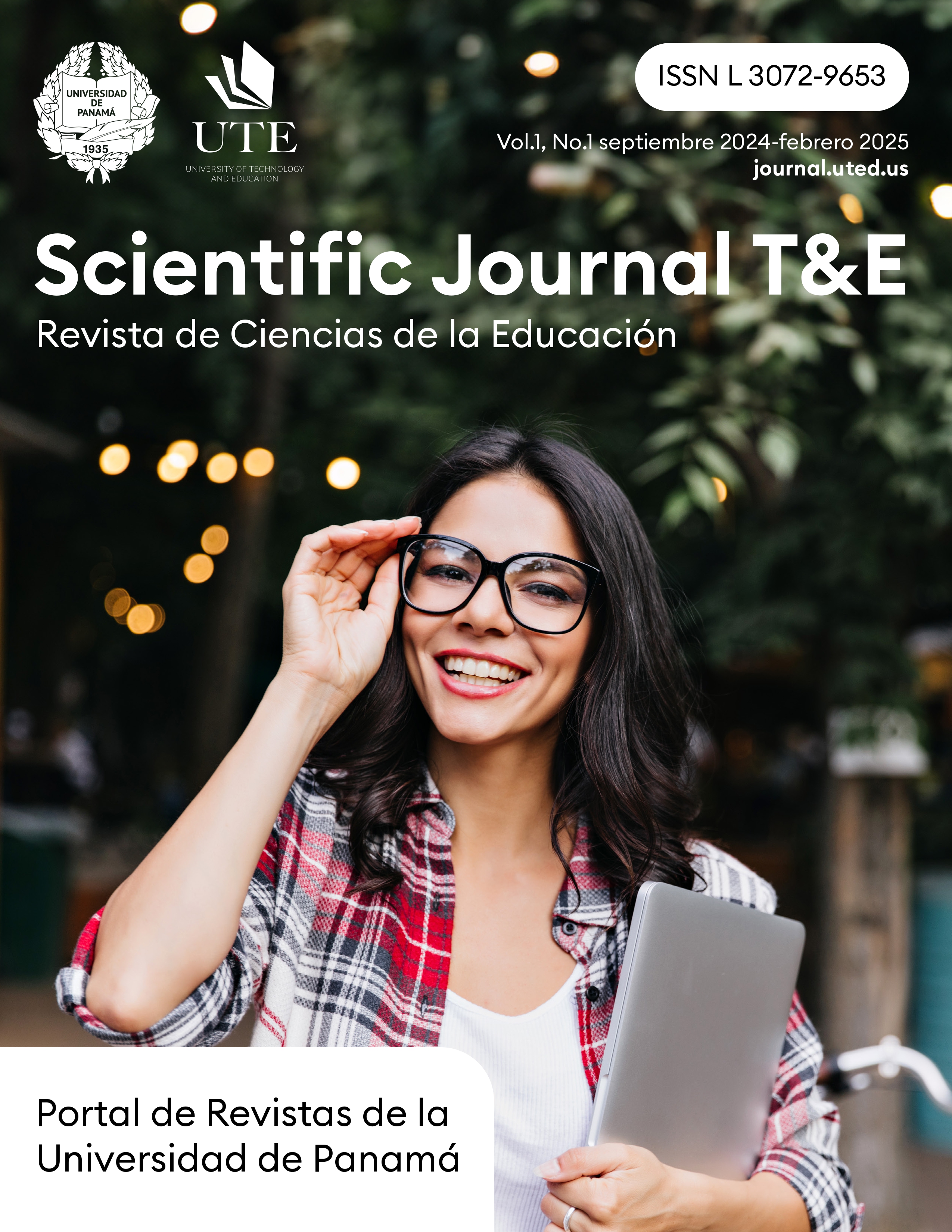

Copyright (c) 2024 Scientific Journal T&E

This work is licensed under a Creative Commons Attribution-NonCommercial-ShareAlike 4.0 International License.
The COVID-19 pandemic triggered a series of events that have had a personal and social impact since 2020 in various areas, including the educational sphere. In Mexico, the confinement dictated by health and educational authorities implied isolation of students in their homes, limiting physical contact with classmates and with their teachers, which, after two school cycles (2019-2020, and 2020-2021), represented great difficulties during the return to the classroom at the level of group coexistence, collaborative work and academic performance, among other aspects. The objective of this study was to design a pedagogical strategy aimed at strengthening the socioemotional skills of elementary school students. To fulfill the main objective of the research, we worked from a qualitative methodology with an ethnographic approach, whose sample consisted of 14 teachers and 41 students from 7 elementary schools located in different states of the country. The results indicate that the implementation of a pedagogical strategy based on emotional education contributes to the improvement of group coexistence, collaborative work, and students' academic performance. These data are considered relevant in a context such as the current one, in which uncertainty about the events that occur and the immediacy with which they must be faced have become references for the daily actions of all human beings, since only in this way is it possible to adapt to change progressively.